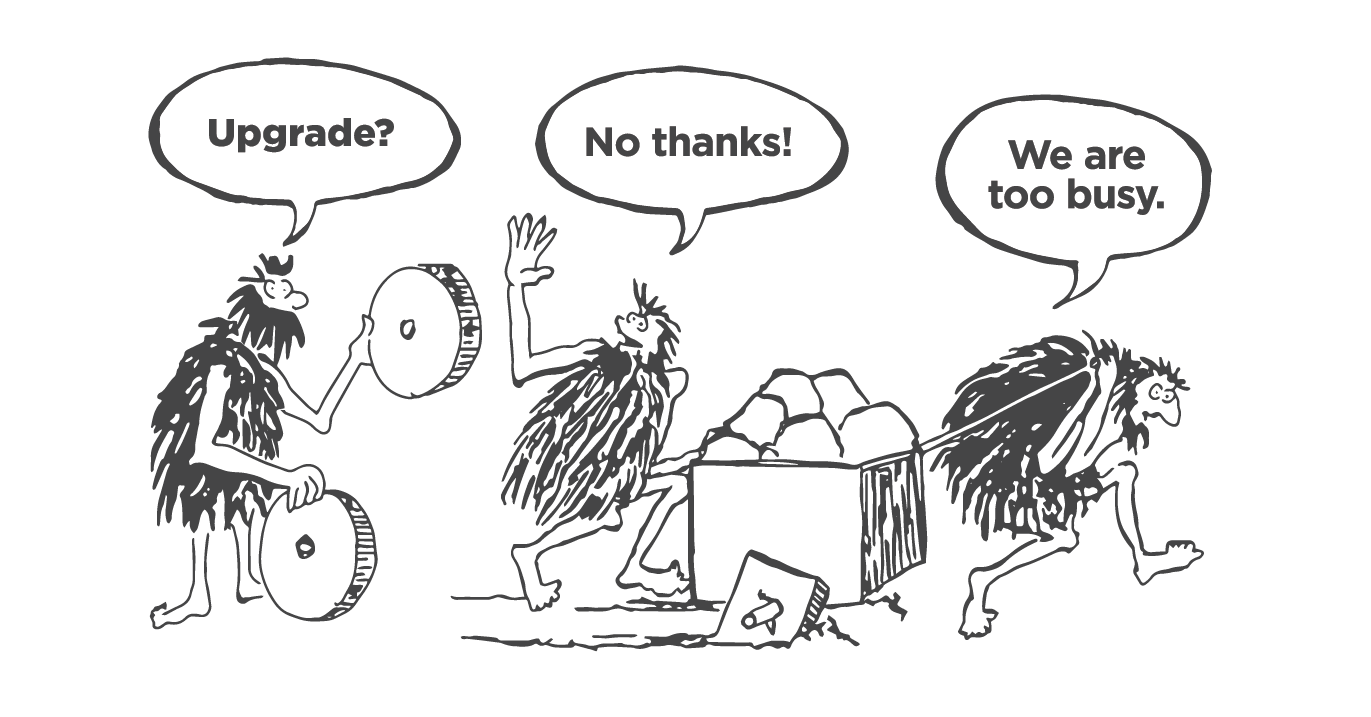
The orchestration of labor and heavy machinery is a testament to the complexities construction managers face daily. Central to ensuring that construction projects are on time and within budget is a suite of tools that has seen remarkable evolution: construction scheduling software.
In exploring the best tools available in 2025, we will dive into how this technology has transformed over the years and offer insights into the top platforms, guidance on choosing the right software, and predictions for the future.
The Evolution of Construction Schedule Software
Construction scheduling software has come a long way. From the days of manual labor schedules and bar charts to sophisticated, cloud-based programs, it has continuously adapted to the challenges faced by the construction industry.
The Critical Path Method (CPM) was a breakthrough in the early years, enabling more dynamic scheduling. Then, software packages like Primavera P6 and Microsoft Project changed the game entirely. Fast forward to today, and Artificial Intelligence (AI) and Machine Learning (ML) are integrating into project management solutions like never before, offering predictive analytics and enhanced risk assessment.
The Top 5 Construction Schedule Software in 2024
1. Procore
Procore as a name has become synonymous with construction management. Their scheduling tools offer real-time updates, automatic notifications, and the ability to track and manage resources, all in a user-friendly interface. Procore stands out for its robust mobile app, which allows on-site workers to access and update schedules as needed. busybusy seamlessly integrates with Procore by keeping your time cards, projects, and budgets in sync.
2. Oracle Primavera P6
With a decades-long legacy, Oracle Primavera P6 is the choice for those who need an enterprise-level solution. Its strength lies in its ability to handle large, multifaceted projects easily. The software offers advanced analytics, reporting, and integration with other Oracle project management tools.
3. Microsoft Project
Microsoft Project continues to be a go-to solution for project managers in construction. It provides an intuitive user interface for those already accustomed to Microsoft products, along with powerful Gantt charts and reporting tools. Integration with the wider Office 365 suite is a significant benefit.
4. Smartsheet
Smartsheet is a flexible, spreadsheet-based platform popular for its ease of use and collaboration features. It enables project managers to create dynamic schedules, manage resources, and track real-time progress. Smartsheet is cost-effective and scalable, making it a great choice for smaller to medium-sized projects.
5. BuildingConnected
BuildingConnected is a platform specializing in preconstruction processes, but their scheduling tool is powerful and worth mentioning. It focuses on trade coordination, centralizing bid management, and estimating, which can lead to more accurate and detailed schedules for construction activities.
Choosing the Right Software for Your Needs
Selecting the correct construction scheduler is crucial. Project managers need to assess their specific project requirements, the size and scope of the project, the team’s technical capabilities, and the budget. It’s also important to consider the level of support the software vendor can provide and potential integration with other technologies.
For large, highly complex projects, an enterprise-level solution like Oracle Primavera P6 is likely the best fit, while smaller projects with more fluid requirements benefit from the flexibility of a tool like Smartsheet.
The Future of Construction Scheduling
The future of construction scheduling software is exciting, with the prospects of further AI and ML integration promising even more efficiency and predictive capabilities. We anticipate that platforms will increasingly offer real-time collaboration between on-site workers and office-based teams. busybusy connects the office to the field with employee scheduling. Create schedules, notify employees, and attach instructions and locations.
Smart technologies, such as Internet of Things (IoT) devices, will likely feed more data into these scheduling platforms, creating a dynamic intelligence that can respond to changing conditions instantaneously. We can also expect a rise in video and augmented reality-based scheduling, providing more immersive and intuitive project planning experiences.
Conclusion
Efficient construction scheduling is at the heart of every successful project, and the right software can be the linchpin that holds it all together. As we have seen, the leading platforms in 2024 offer a range of features that cater to different project types and sizes.
The construction industry is on the cusp of a technological revolution, and the use of advanced scheduling software is emblematic of the changes it will continue to undergo. Whether you’re overseeing the construction of a small residential complex or a vast urban development, the benefits of integrating cutting-edge scheduling tools into your project management arsenal cannot be overstated. It’s time to invest in the future – the future that is the present in the world of construction scheduling.













